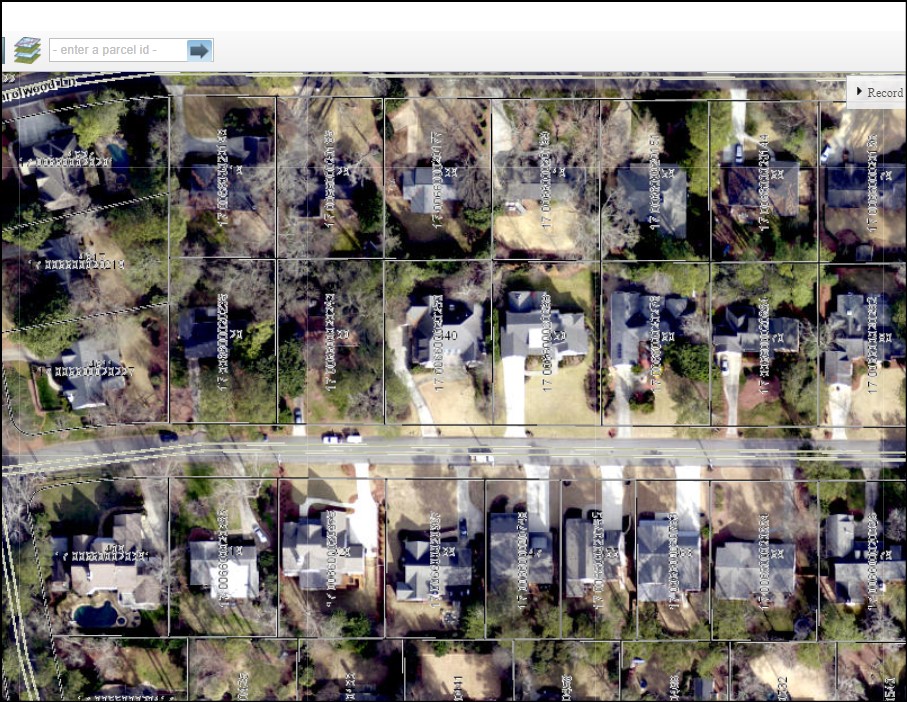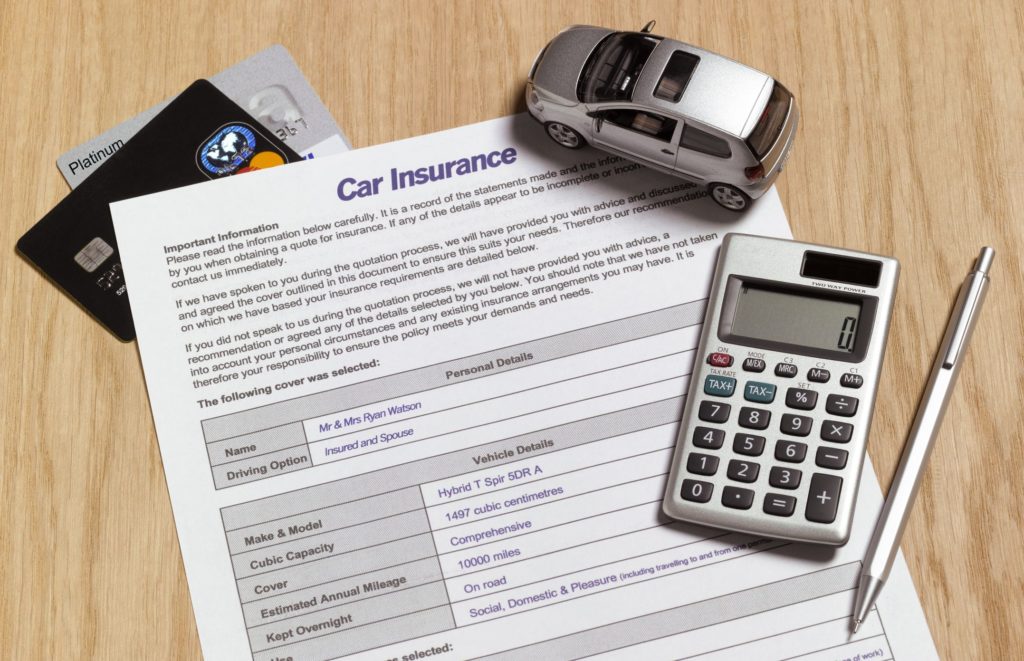
The Georgia Court of Appeals issued a decision that provides some guidance to the often-unintuitive law known as adverse possession. In Houston v. James, A20A1689 (February 3, 2021), three siblings involved in a property dispute sued each other over a 28-acre parcel owned by their deceased father. One sibling lived on and took care of the 28 acres for more than 20 years. But his father left most of the property to the other two siblings. The sibling left out argued he owned the 28 acres by adverse possession. He claimed he had had publicly, continuously, uninterruptedly, and peaceably possessed the property for more than 20 years. His two siblings disagreed, arguing that the possession was without a “claim of right.”
To be adverse, possession must be for more than 20 years and must be public, continuous, exclusive, uninterrupted, peaceable, accompanied by a claim of right, and not originate in fraud. OCGA § 44-5-161(a). Also, and quite importantly, the party adversely possessing must have a “claim of right” to the property.
A claim of right means the possessor claims the property as his own. Under Georgia law, a claim of right, or adverse possession, will be presumed from the assertion of dominion, particularly where the possessor has made valuable improvements. See Childs v. Sammons, 272 Ga. 737, 739 (2) (534 SE2d 409) (2000). Georgia courts have held that there does not need to be direct evidence of the state of mind of the possessor concerning claim of title; however, there must be evidence of some claim of title in the sense that the possessor claims the property as his own. Walker v. Sapelo Island Heritage Authority, 285 Ga. 194, 674 S.E.2d 925 (2009).
In Houston, the Court of Appeals concluded that a jury must decide whether the sibling claiming the property by adverse possession did so with a claim of right. If you have a property dispute concerning adverse possession, please call us at 404-382-9994 to discuss your options.




